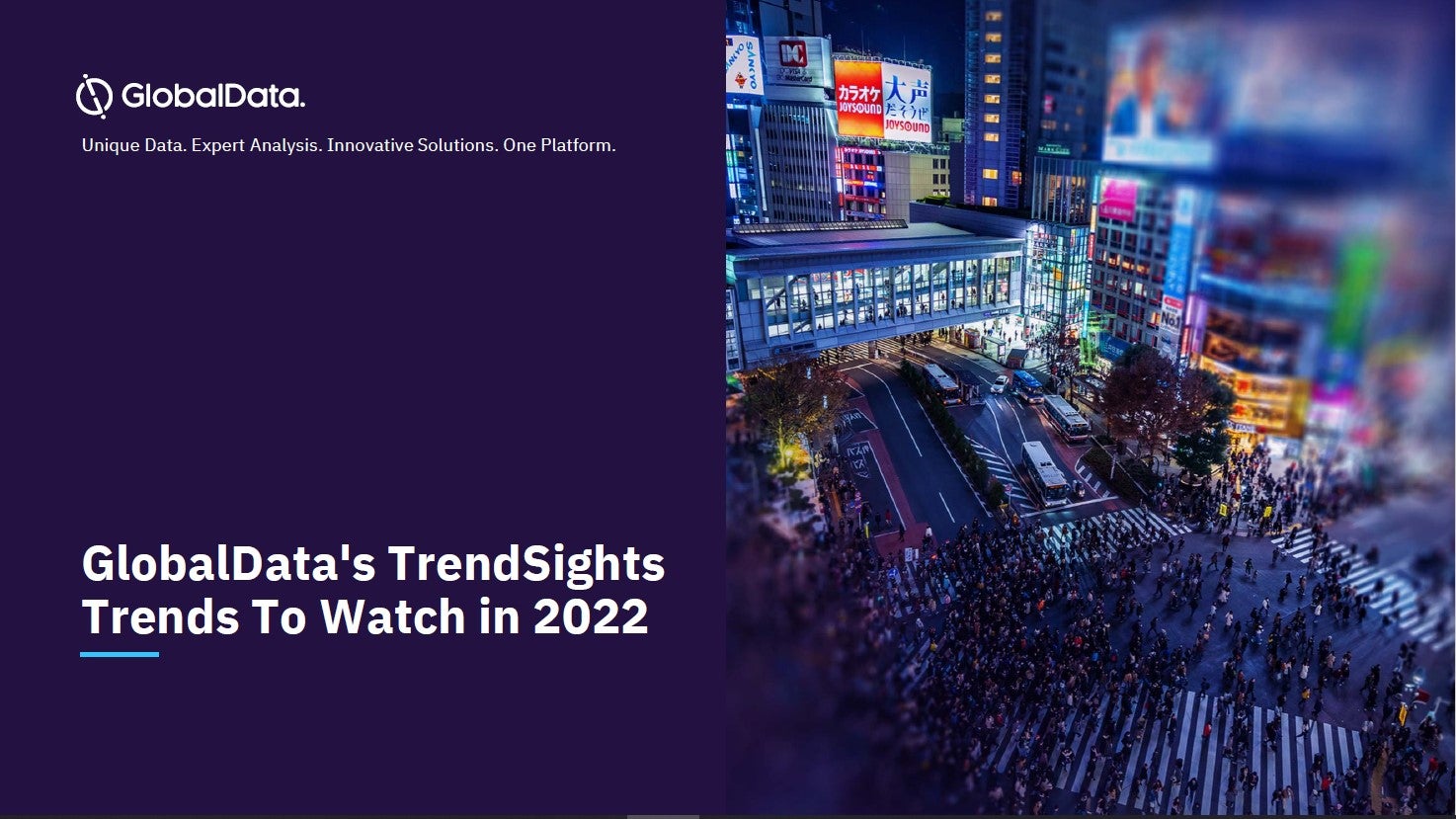
A new national survey commissioned by sustainability charity WRAP shows that a majority of consumers believe companies across industry need to act now on climate change and do more when it comes to tackling to help the UK meet tough, binding environmental targets for 2050.
Whether it’s about plastic, food waste and water stewardship or greenhouse gas emissions, public perception is that there is a gap between businesses’ intentions and their actions, WRAP says. The findings reveal this perceived inaction gap among consumers and show that the public want businesses to do more to tackle climate change, it adds.
How well do you really know your competitors?
Access the most comprehensive Company Profiles on the market, powered by GlobalData. Save hours of research. Gain competitive edge.

Thank you!
Your download email will arrive shortly
Not ready to buy yet? Download a free sample
We are confident about the unique quality of our Company Profiles. However, we want you to make the most beneficial decision for your business, so we offer a free sample that you can download by submitting the below form
By GlobalDataThe results reveal that 66% of respondents feel businesses should do more to help their customers reduce their own impact on climate change while a further 63% agreed that businesses should act immediately on climate change.
Four in ten (42%) said they thought UK businesses should have a clear step-by-step plan in place to reach their climate goals and 41% said that businesses should be transparent on their targets as well as regularly publishing their progress so that they can be held accountable.
When asked about specific sectors, 57% of respondents said UK food businesses could or need to be doing more to tackle climate change and cut emissions, while 61% said they felt the same for UK textile/fashion businesses.
The research also shows that when it comes to delivering change, collaboration is key in the opinion of consumers. The findings reveal 40% believe UK businesses should be working with each other to tackle climate change issues within their sector or industry.
“People are making it clear that they expect businesses to lead the way on tackling climate change and are prepared to walk away from brands if they don’t change,” says Dr David Moon, director of collaboration and change at WRAP. “It’s also apparent that there is a willingness and desire for business to collaborate and work together on the best ways of combating climate change and guiding the UK along the path to ‘Net Zero’. Bringing down emissions and adapting to the concerns of customers should now be at the forefront of business thinking. Time is running out for companies to act.”
The findings also show the importance of reputation when it comes to consumer spending on fashion brands, as 52% of respondents said their decision to purchase items from a clothing brand would be influenced by whether it had a reputation for taking no action to mitigate climate change.
Unsurprisingly, Covid-19 has also had an impact on people’s purchasing habits, with exactly half (50%) agreeing that the pandemic had made them more likely to buy from brands that take positive social and environmental action.
While the UK’s emissions targets (78% cut by 2035) could set it ahead of the rest of Europe if achieved, the research reveals almost a third (30%) think that UK businesses in the textile and fashion industries are behind other countries in delivering on climate change targets, with 29% saying the same for food and drink businesses.
With COP26 starting this week, WRAP is calling for more businesses to put plans into place to tackle climate change and reduce emissions by signing up to its Voluntary Agreements. These collaborative change programmes are created to enable businesses to reduce their individual environmental impacts, and together drive sector-wide change in key areas of production and consumption. They support businesses in setting targets, focusing on priorities, sharing insights, preparing for new taxes and regulations, measuring progress, testing new solutions, and accelerating systemic action across the whole product chain to reduce Scope 3 emissions.
Dr Moon adds: “Our world-leading programme of Voluntary Agreements provides the perfect opportunity for businesses to make practical changes to their operations towards science-based targets that can mitigate against the impacts they are having on the environment. And demonstrate to customers their commitments to reducing emissions. With COP26, there’s never been a more important time for UK businesses to confront these issues head-on over the next decade and join those who have.
“We have successfully run programmes that bring together global businesses, major retailers and smaller-scale organisations for more than 15 years, but our work isn’t done. Our aim is to work with more businesses and people to show them how they can make a real change through their operations and support them throughout each stage of the journey. And to expand this work globally with partners around the world. We invite businesses to get in touch.”
WRAP’s Voluntary Agreements include The UK Plastics Pact, Textiles 2030 and Courtauld Commitment 2030.




